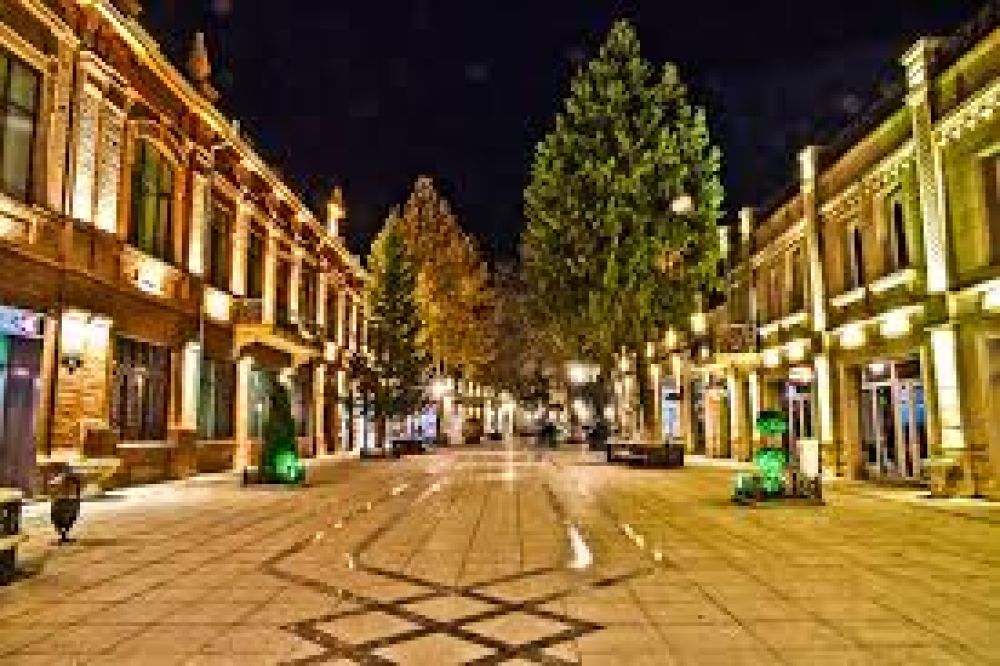

Set in the picturesque city of Ganja, the second-largest city in Azerbaijan, Javad Khan Street is one of the most vibrant and historically significant streets in the region. The street is named after Javad Khan, who was the ruler of the Ganja Khanate from 1786 to 1804. Surrounded by ancient architecture and infused with the spirit of the past, it has long captured the interest of history buffs and culture enthusiasts alike.
Tourism in Ganja and particularly on Javad Khan Street, began flourishing towards the end of the 20th century. With the fall of the Soviet Union and Azerbaijan's subsequent independence, there was a significant pivot towards developing the country's tourism sector. Javad Khan Street emerged as a focal point for visitors due to its rich historical narrative and cultural significance.
Restoration and preservation projects, initiated in the early 21st century, have revitalized the street and its surrounding areas, making it more appealing to tourists. Ancient buildings have been refurbished, and modern amenities have been added to cater to the needs of international visitors. The street today is a blend of past and present, offering a window into the history of Azerbaijan while providing the comforts and conveniences of modern-day travel.
Javad Khan Street encompasses several historic landmarks, including the Ganja Gate, which dates back to the times when the city was a significant fortress along the Silk Road. Visitors can also explore ancient mosques, traditional houses, and trade shops that have been part of Ganja's economic and cultural life for centuries.
The Nizami Mausoleum, dedicated to the 12th-century poet Nizami Ganjavi, is situated close to Javad Khan Street and remains an essential stop for those interested in Azerbaijani literature and history. Meanwhile, the Bottle House, made entirely of glass bottles, showcases the ingenuity and creativity of local residents.
Recently, Ganja and Javad Khan Street have seen a shift towards sustainable and experiential tourism. The city aims to offer authentic experiences that allow visitors to immerse themselves in local culture and history. This includes food tours, cooking classes, and craft workshops that celebrate the rich traditions of the region.
Among the younger generation of travelers, there is a growing interest in Ganja's street art and contemporary urban spaces. The street itself has become a canvas for local and visiting artists, reflecting a blend of traditional Azerbaijani themes and modern creativity.
Moreover, the enhancement of digital connectivity and online resources has made it easier for tourists to discover Javad Khan Street and plan their visits. Virtual tours, interactive maps, and comprehensive travel guides have emerged as useful tools in promoting the street's historical and cultural heritage to a global audience.
Javad Khan Street is easily accessible by public transport, taxi, or through organized tours from within Ganja. It is recommended to allocate at least a day to explore the street and its neighboring attractions fully. Local guides can provide in-depth knowledge of the history and significance of each site, enriching the overall experience.
For the best experience, visitors should consider visiting during local festivals and events when the street comes alive with celebrations of Azerbaijani culture. Accommodations, ranging from comfortable hotels to more traditional lodgings, are available to suit different preferences and budgets.